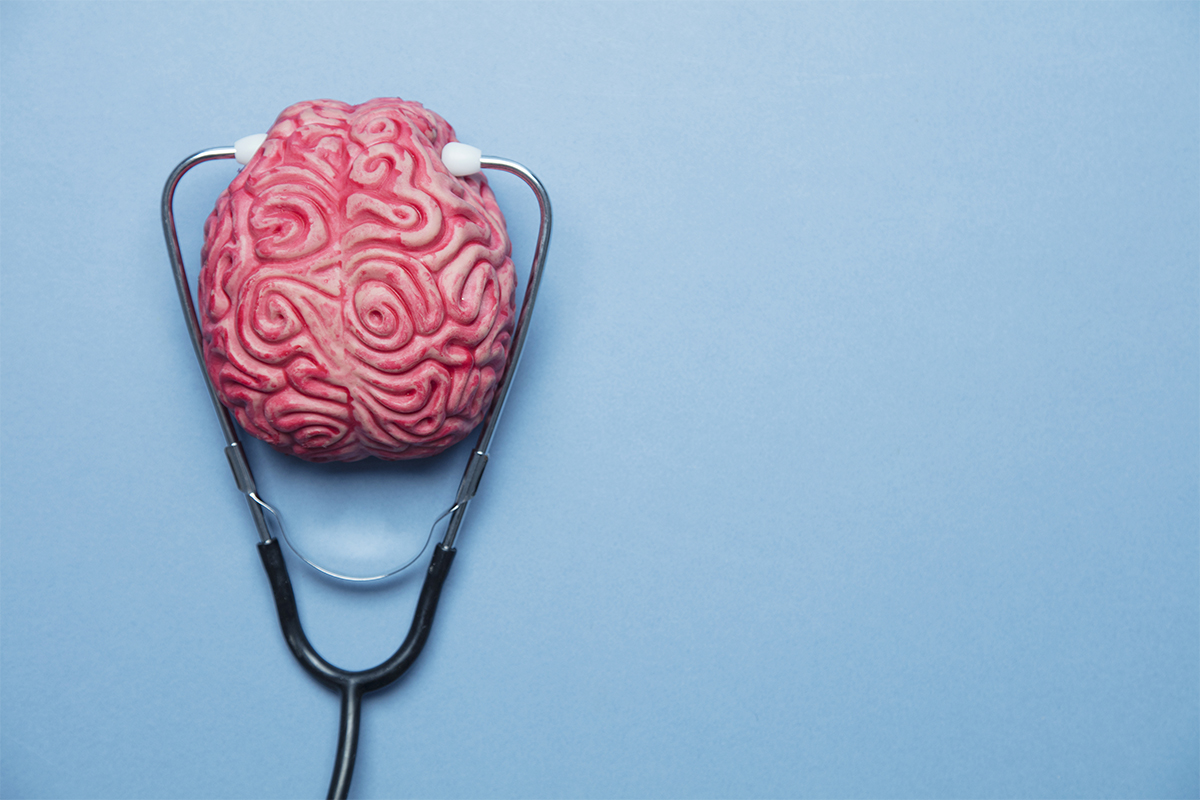
How The Pandemic Has Shifted The Mental Health Conversation
We’re finally experiencing something we haven’t for the better part of a year: light at the end of the pandemic tunnel. As of April, 2021, more than half of U.S. adults have received at least one COVID-19 dose, and one-third of all adults are fully vaccinated. That’s pretty remarkable, considering that only a few months ago, this seemed like fantasy.
Another change is that more people are experiencing mental health conditions due to the trauma of the pandemic, but that has also ignited more awareness and advocacy. It’s somewhat bittersweet, yet COVID has shifted the mental health conversation in a positive way.
A Great Reckoning
If 2020 was the year of the pandemic when the world changed, it can also be characterized as our mental health moment. The Centers for Disease Control and Prevention (CDC) reported that Americans experienced symptoms of depression from April through June of 2020 at a rate four times that of the same time period in 2019. Symptoms of anxiety saw a threefold increase, as well.
Concerning as this is, we find ourselves in the middle of a mental health reckoning where more people are seeking help, and those who’ve been spared mental health problems are becoming more educated about them.
Seeking Help Like Never Before
The American Psychological Association (APA) has been tracking data closely, and a survey from 2020 found that psychologists are receiving more referrals, treating more patients, and experiencing fewer cancellations. In fact, 74% reported that more patients are presenting with anxiety disorders than before COVID.
The flip side is that many providers are overloaded with cases and are unable to see new patients. However, your primary physician might be able to help through initial medication management, and it’s possible they can get you an appointment with a therapist through their referral connections.
Chipping Away at the Stigma
The pandemic has helped normalize the mental health conversation in many ways, as people with existing conditions and those experiencing them for the first time are opening up more. Prior to the pandemic, perceptions were trending in the right direction with 87% of American adults agreeing that having a mental health disorder is nothing to be ashamed of, according to another APA survey from 2019.
With so many people struggling today, there’s been an outpouring of communication and advocacy. As Verywell Mind put it, “This pandemic has broken us down and has shown us that we all are at risk for developing depression or a substance use disorder. Hopefully when we return to our ‘normal lives’ we can continue to recognize and fight for access to mental health treatment.”
We Treat Anxiety, Depression, and More
Cognitive Solutions LC offers innovative neurofeedback treatments and Cognitive Behavioral Therapy and Dialectical Behavior Therapy to provide the care and healing that you deserve. For more information about our treatments and teletherapy options, please contact us at (773) 755-1775 or email info@helpforld.com.
Related Posts
The Pandemic & Post Traumatic Stress Disorder
Post-traumatic Stress Disorder (PTSD) occurs when a person has difficulty...
The Parents Dilemma – Choosing the Right Therapy When Your Child Has ADHD
The Parents Dilemma – Choosing the Right Therapy When Your Child Has...
Testimonial – J.H.
I found Dr. Effarah after visits with several ophthalmologists and neurologists...
Can Neurofeedback Help with Insomnia?
Millions of people worldwide grapple with the torment of insomnia, a sleep...




